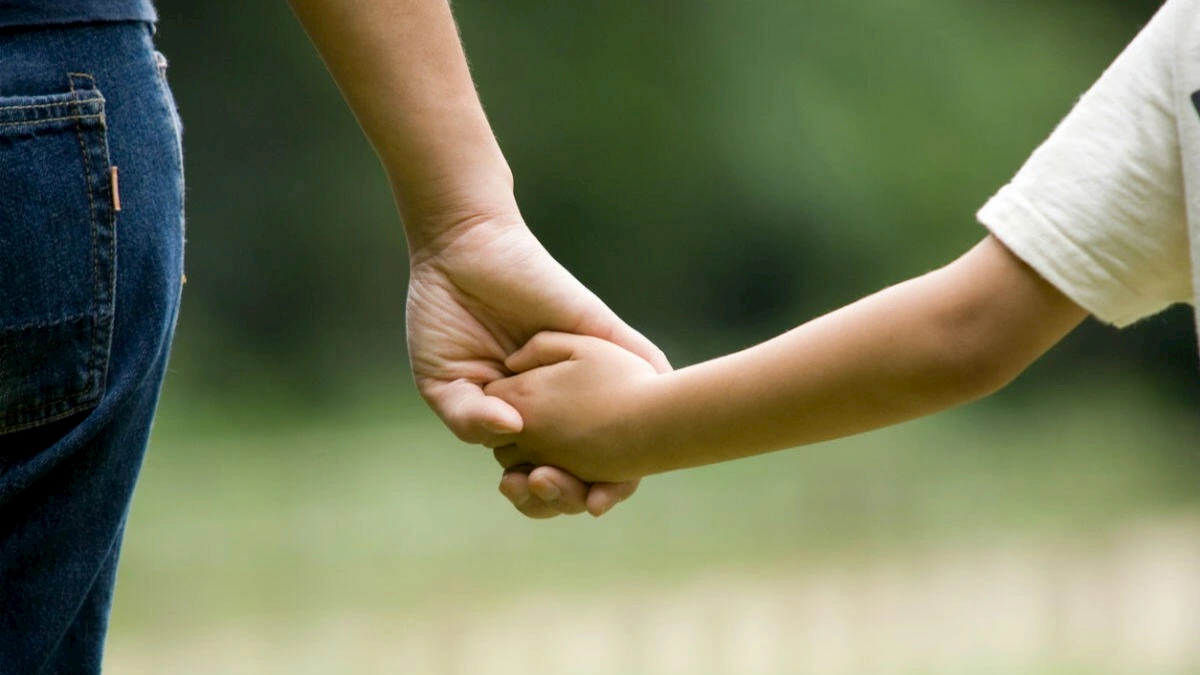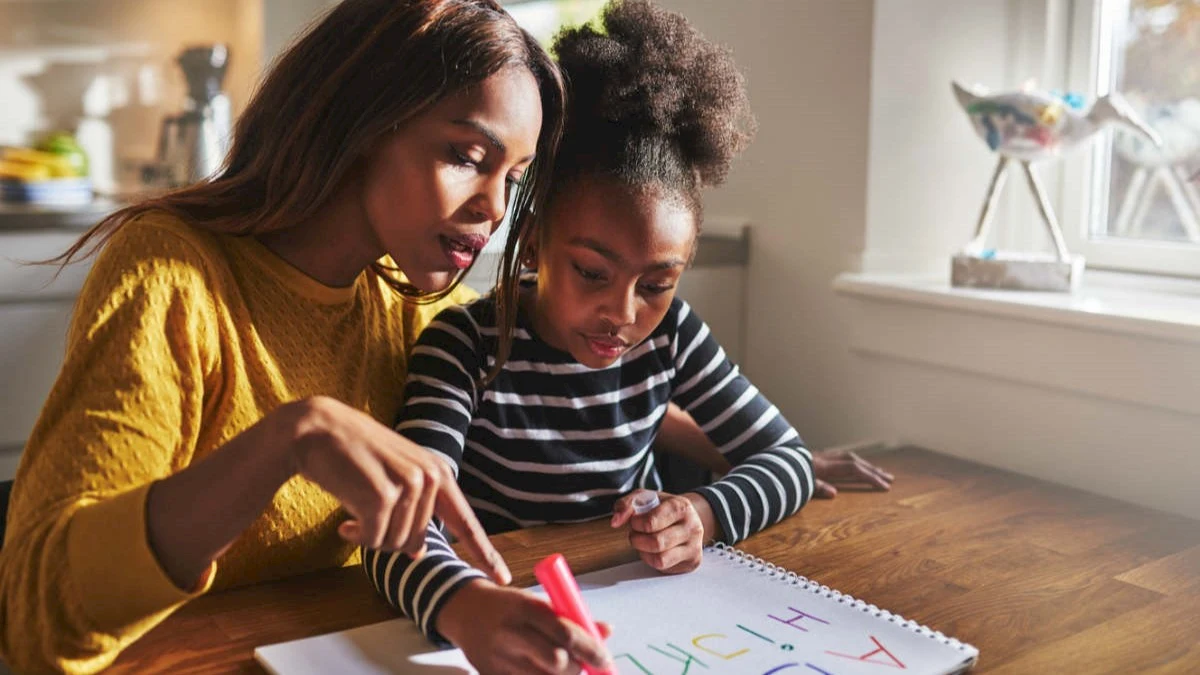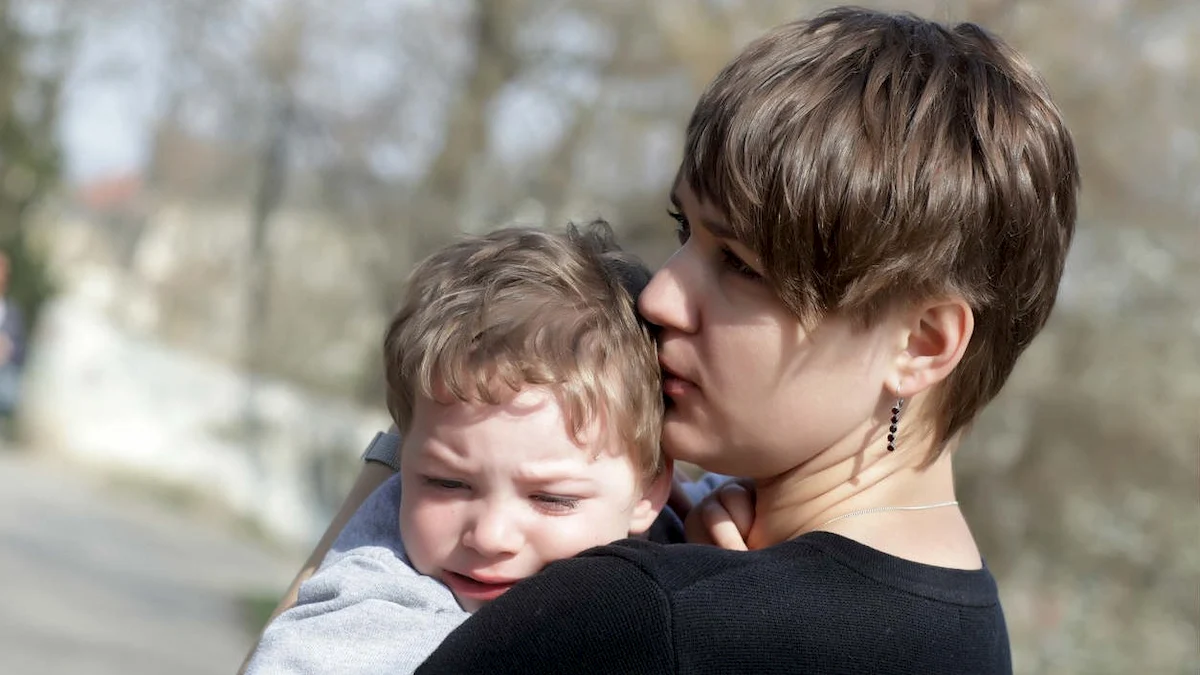Trusted Guidance for St. Louis Families
Helping You Navigate Life’s Most Personal Transitions with Clarity and Care
My primary concern was for the future of both children. David made his decisions on facts and what he believed to be best for the kids. He did an incredible job of remaining objective amidst all the distractions and what I'll call the antics of the other three attorneys, yes, three attorneys employed by the opposing side at different times during the 20 months.
David's recommendations to the judge never wavered from what was best for the kids. I am writing this review now because I can definitely state that David's recommendations were what was best for the kids. The kids are now 17 and 15, and they are thriving. Yes, I did my part as a parent, but I would never have had the chance to do so without the intelligence and integrity of David. He has the right combination of life experience, courage, and intelligence to earn the trust of anyone representing their children. I cannot say enough good things about David's commitment to being an exemplary GAL.
I will close by saying that I am a paramedic and have been for a long time. Paramedics judge each other on whether we would want a particular paramedic working on our children in an emergency. Using that benchmark, I trust David to work on behalf of my kids, and if you have the opportunity to have David represent your children, you can trust him to advocate for the most vulnerable individuals in a divorce who need protection the most.
The firm was very professional and returned my inquiry quickly. I worked with Debbye and she handled everything with accuracy and kindness.
Everything was handled quickly and easily. Debbye displayed her excellent knowledge of the process as she walked me through everything. Overall, they took great care of me. Truly a white glove experience! I cannot recommend Betz highly enough and will be back to any future legal needs.
David himself is very easy to talk to, and both of my kids really liked him. I am very impressed with their involvement in our case. He has been easy to work with and good at getting back to us in a timely manner with issues regarding our case.
I would highly recommend his office to anyone in need of legal help for their children.
10 months later...
I wanted to add, we have been in this case for 22 months and it’s about to wrap up. David has been amazing. My 16 year old daughter had kind of lost her faith in the system and in adults - David really worked with her and helped hold her accountable, but also gave her a voice, great advice, and really won her over. She really trusts him. When she was struggling, she would ask to call David. When I was struggling with her, I would threaten to call David and she would become more agreeable. She really trusts and respects him. Which for me, takes a unique skill set. Not everyone can get an unhappy teen to comply and also still keep their trust and respect. My son loved David too. Both kids looked forward to our apts with David. Which when you are fighting a child support/ custody case and your drained, it’s so nice to have parts of the process be so easy and helpful. And that’s what we got from David and his staff.
David has offered to be available if he can help after the case with questions or getting a teenager in line. They were understanding and more than fair with my payment options. Joel, his assistant- is a joy to talk to and prompt to respond and he chatted with the kids and put them at ease in a very uncomfortable situation. I can’t say enough good things about them.
We drive past their office every day on the way to school and my daughter said she wanted to stop by and take David a Christmas present. That’s pretty impressive for a 16 year old.
They really made a very unbearable situation so much better; David even made us smile and laugh during a very nerve wracking time.
I would highly recommend them to anyone. Definitely 5 plus stars!
Divorce Attorney St. Louis
The Betz Law Firm is dedicated to providing exceptional family law services to St. Louis and its surrounding communities. Our skilled team of attorneys, paralegals, and legal assistants combines deep experience with heartfelt compassion, tailoring our approach to meet the unique needs of each case.
We are committed to delivering personalized attention and are focused on your family’s well-being. We strive to make every interaction with our firm supportive and constructive.
Why Choose Us?
Client-Centered Approach
We treat our clients like family. Our attorneys take the time to understand your specific circumstances and tailor our strategies to your needs.
Availability and Communication
Our team is available 24/7 to address your concerns, and we pride ourselves on keeping you fully informed throughout the legal process.
Experienced Negotiators and Litigators
While we strive for peaceful resolutions through negotiation, our skilled litigators are ready to advocate vigorously for you in court when necessary.
Commitment to Children’s Well-Being
We prioritize children’s emotional and psychological health in family disputes, striving to minimize stress and uncertainty for the youngest members.
Services We Provide
Speak With an Experienced Attorney
Our firm uses experience, good communication, and availability to help families navigate life-changing events.












